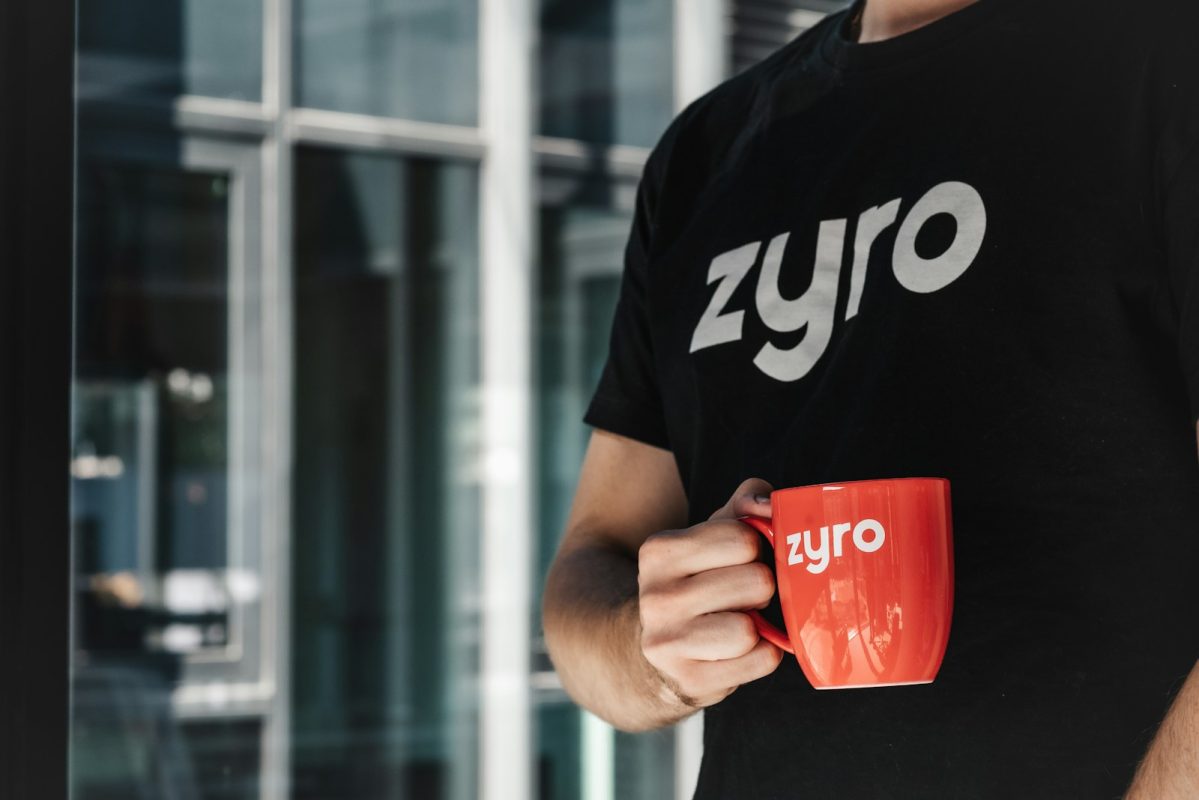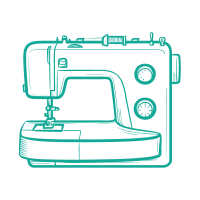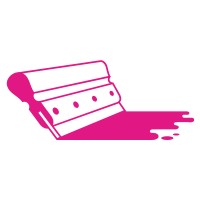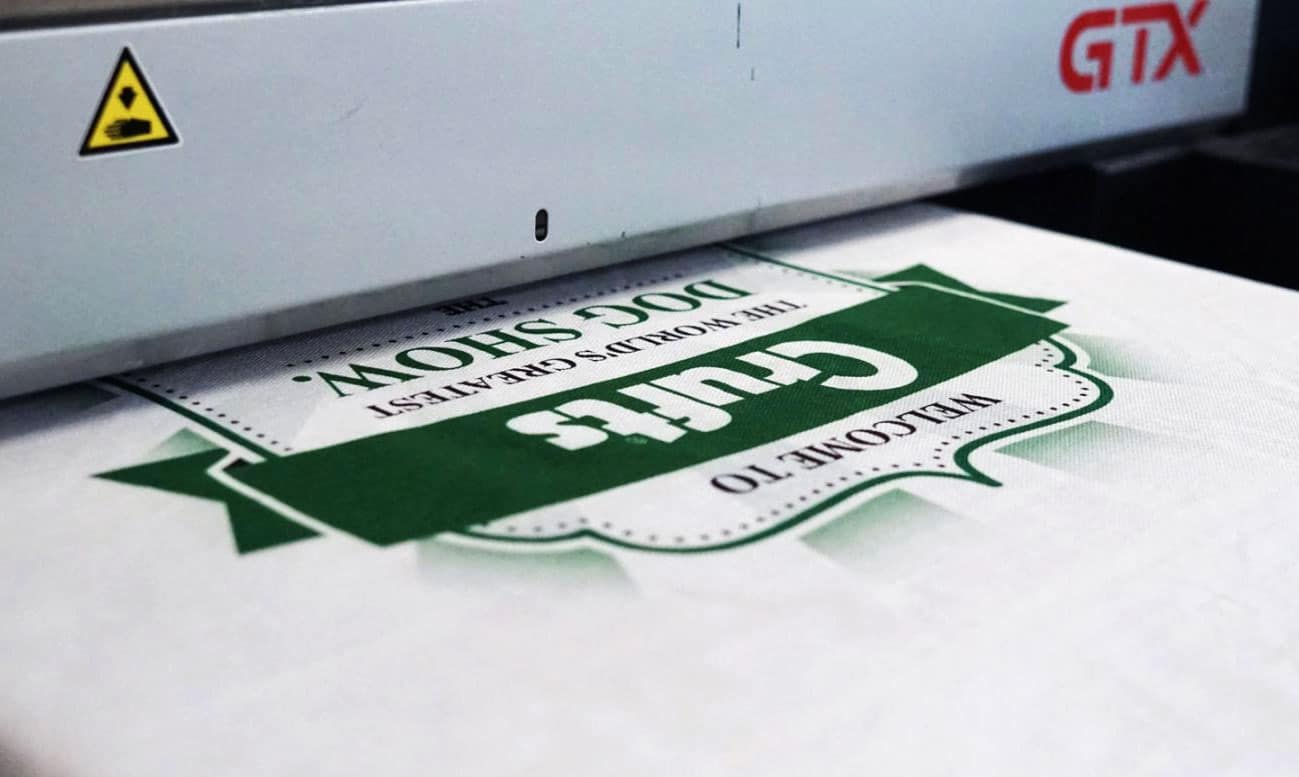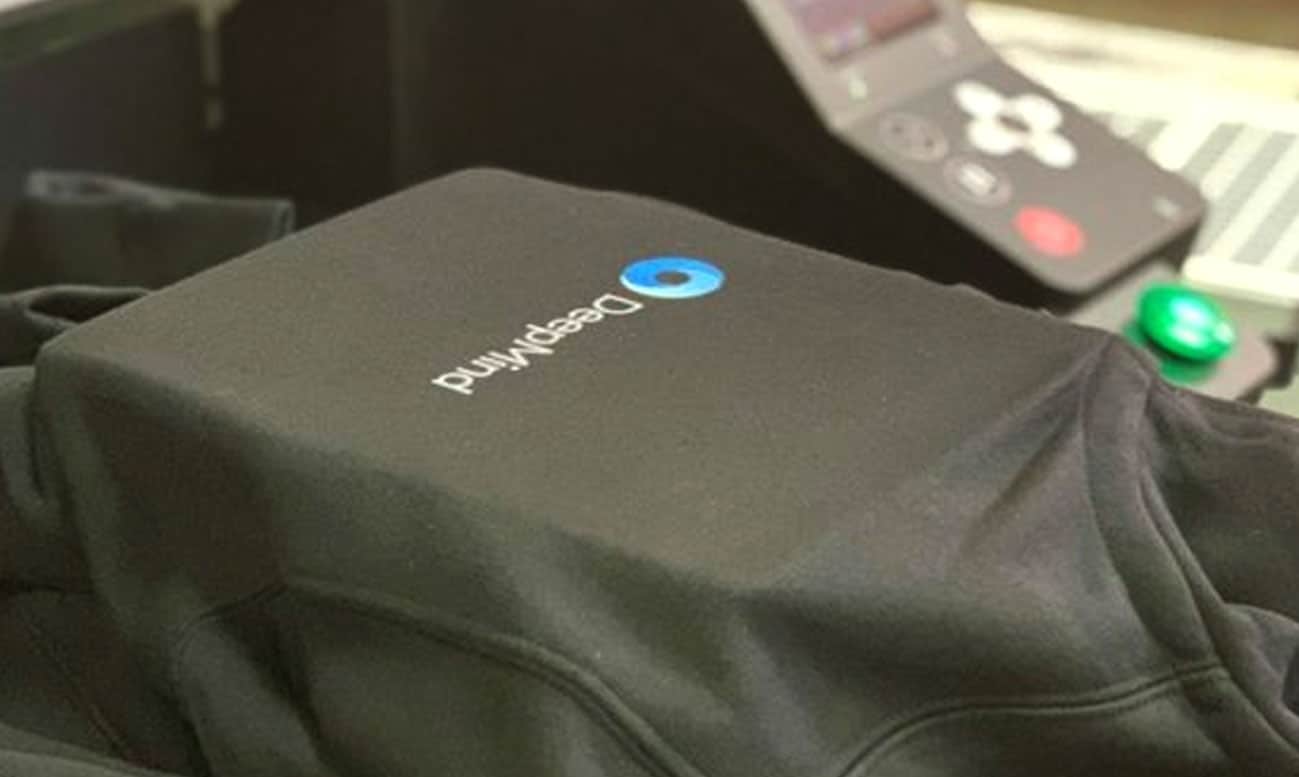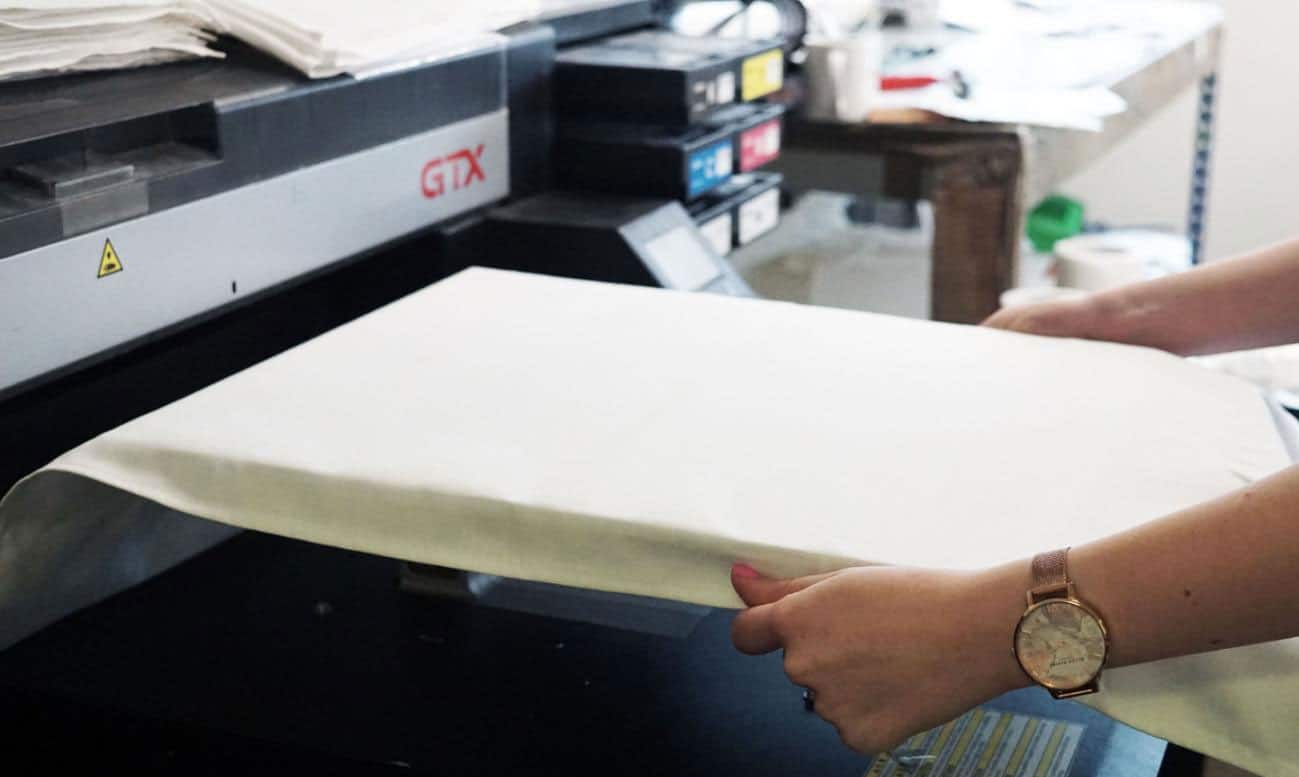Choosing the right application method for your logo workwear
You’re here because you want to add your company logo to workwear & uniform. There are a variety of application methods that we use to create products and each has its own unique set of qualities. On this page we explain the benefits and drawbacks of each of those methods to ensure you get the very best method for your specific needs.

